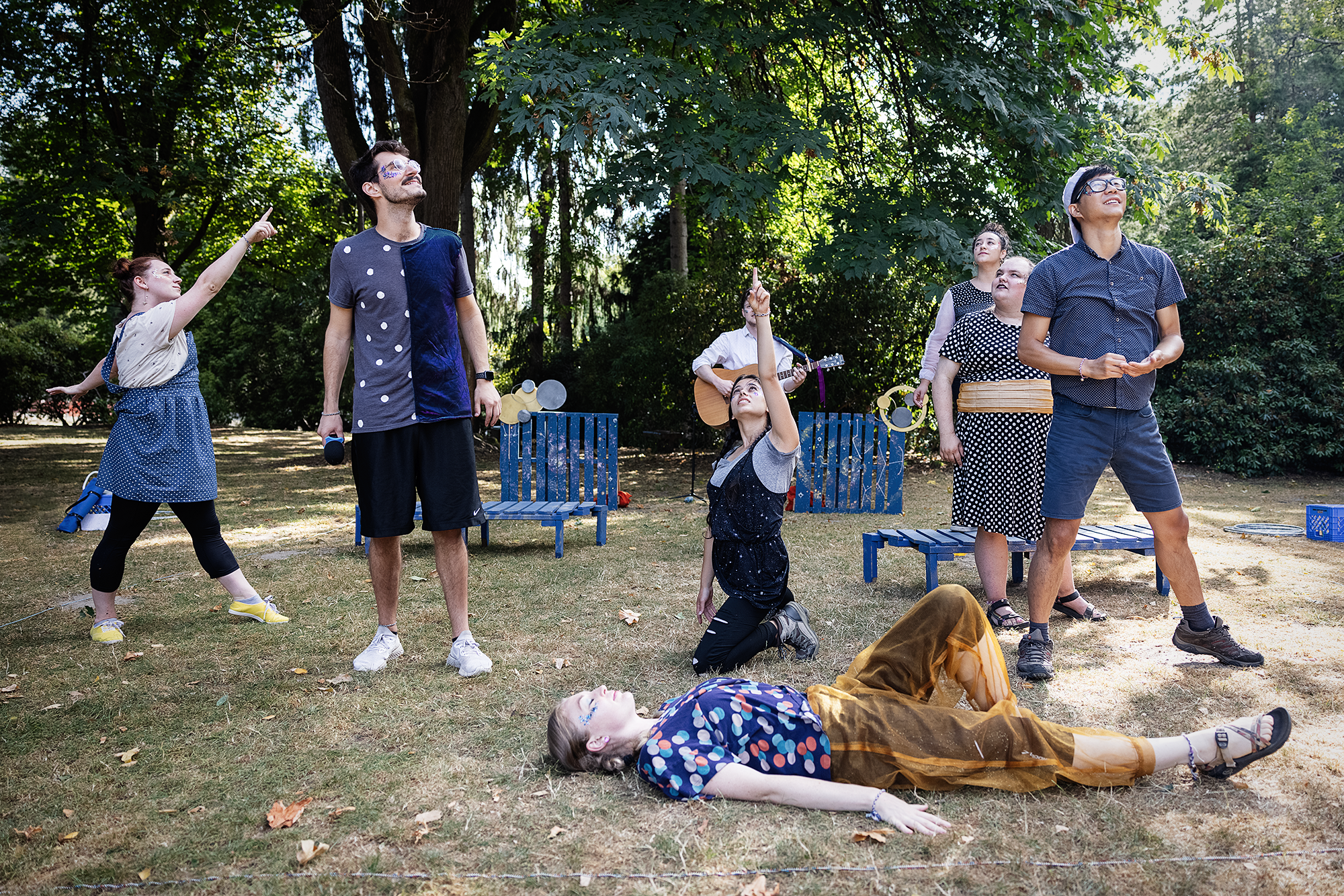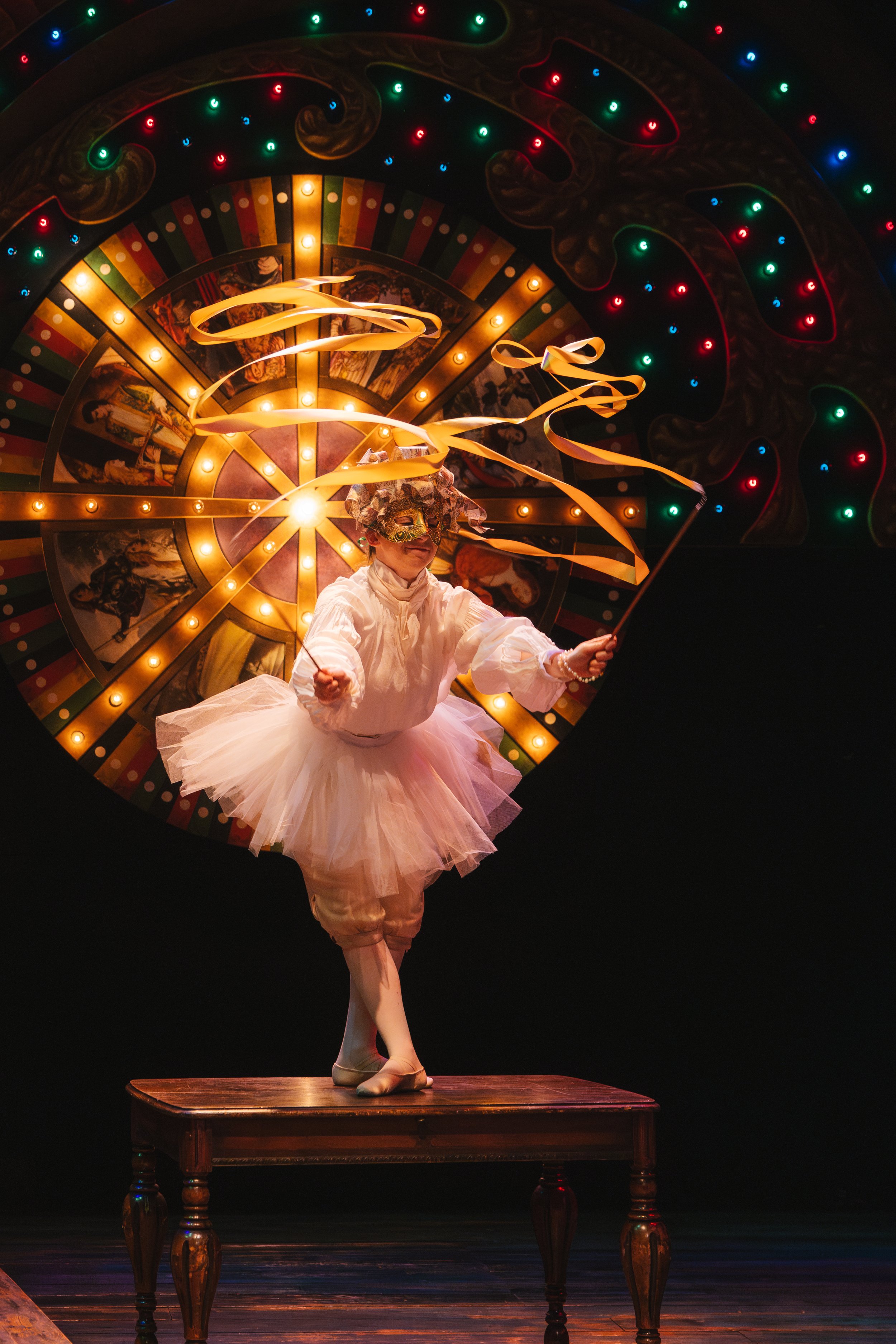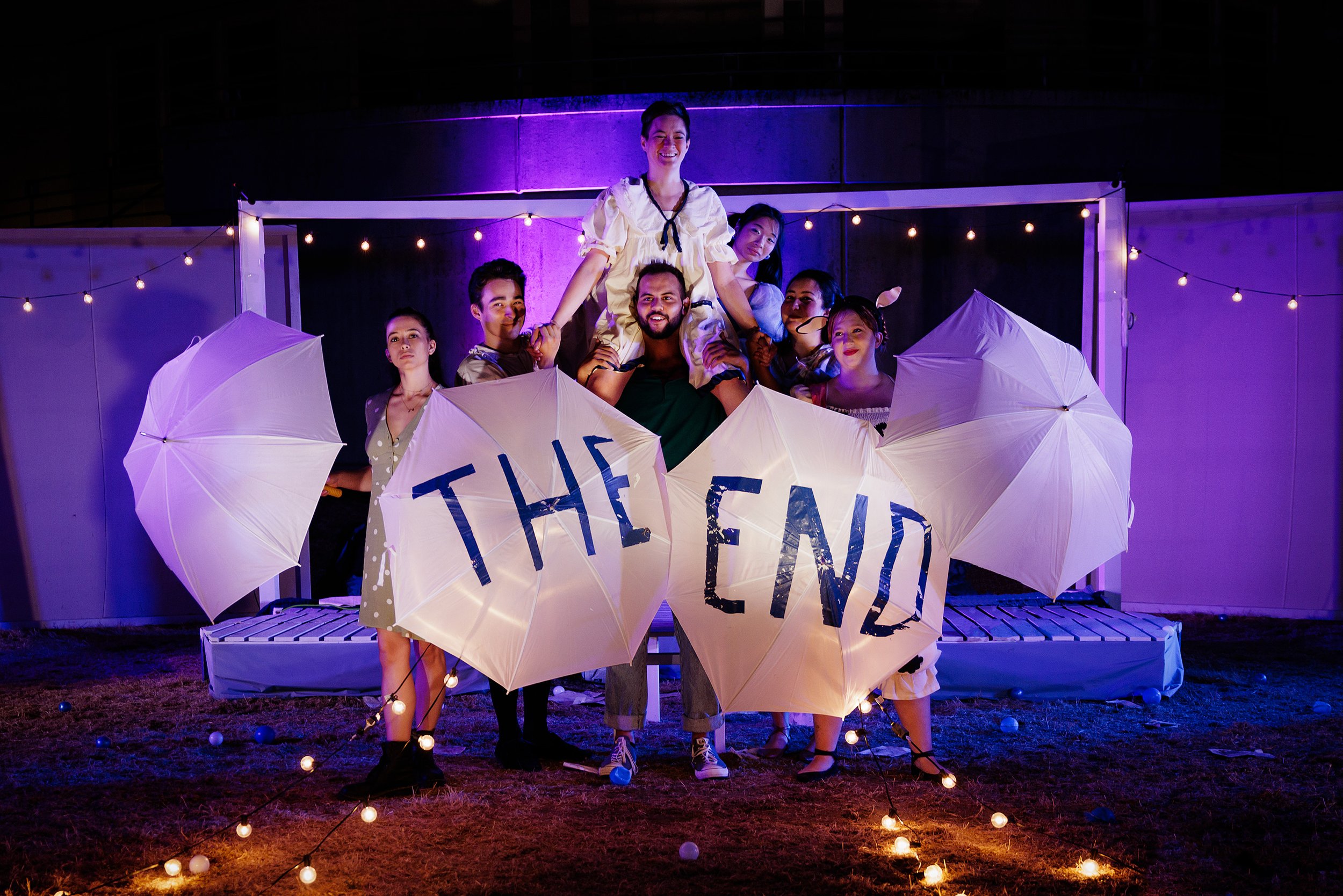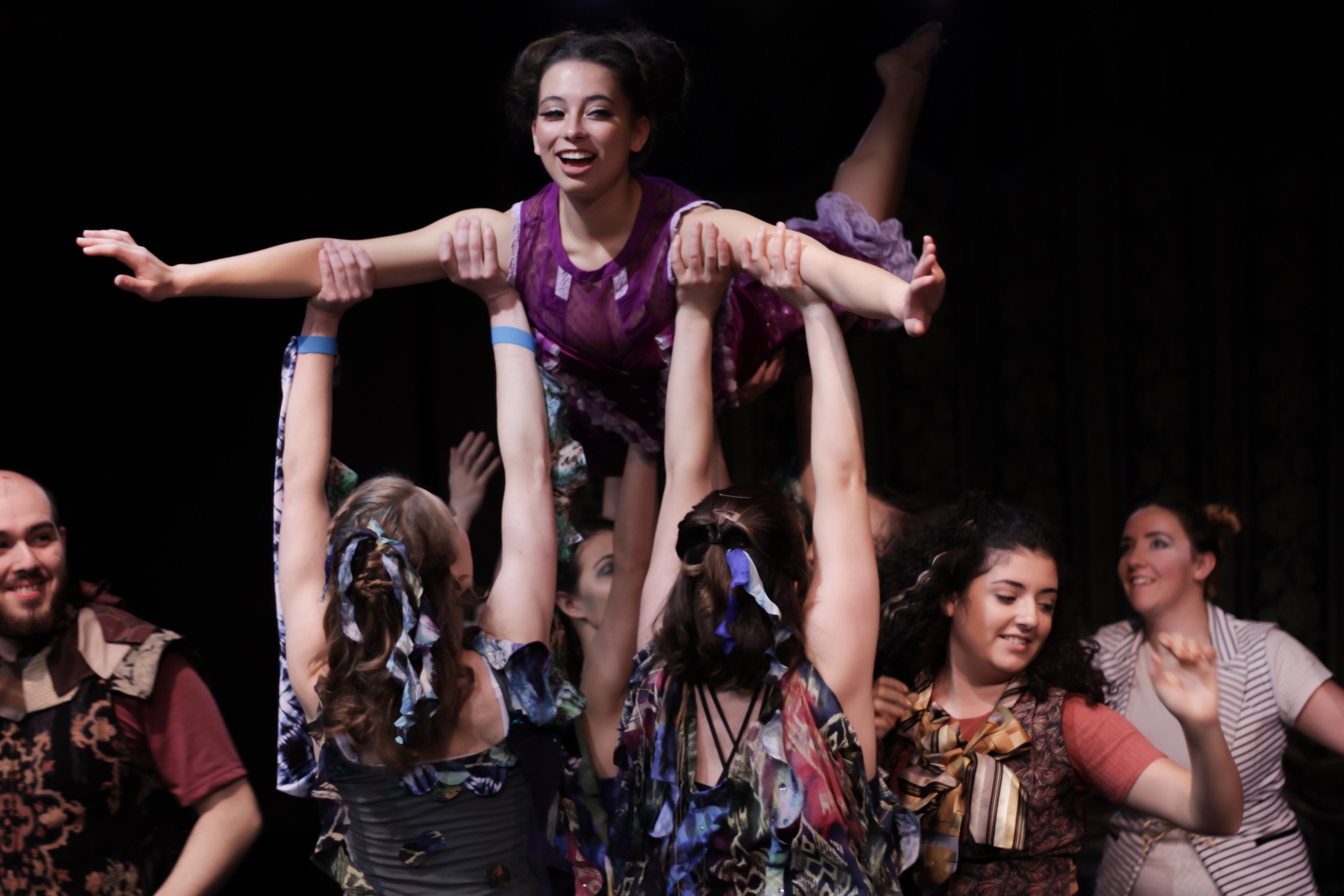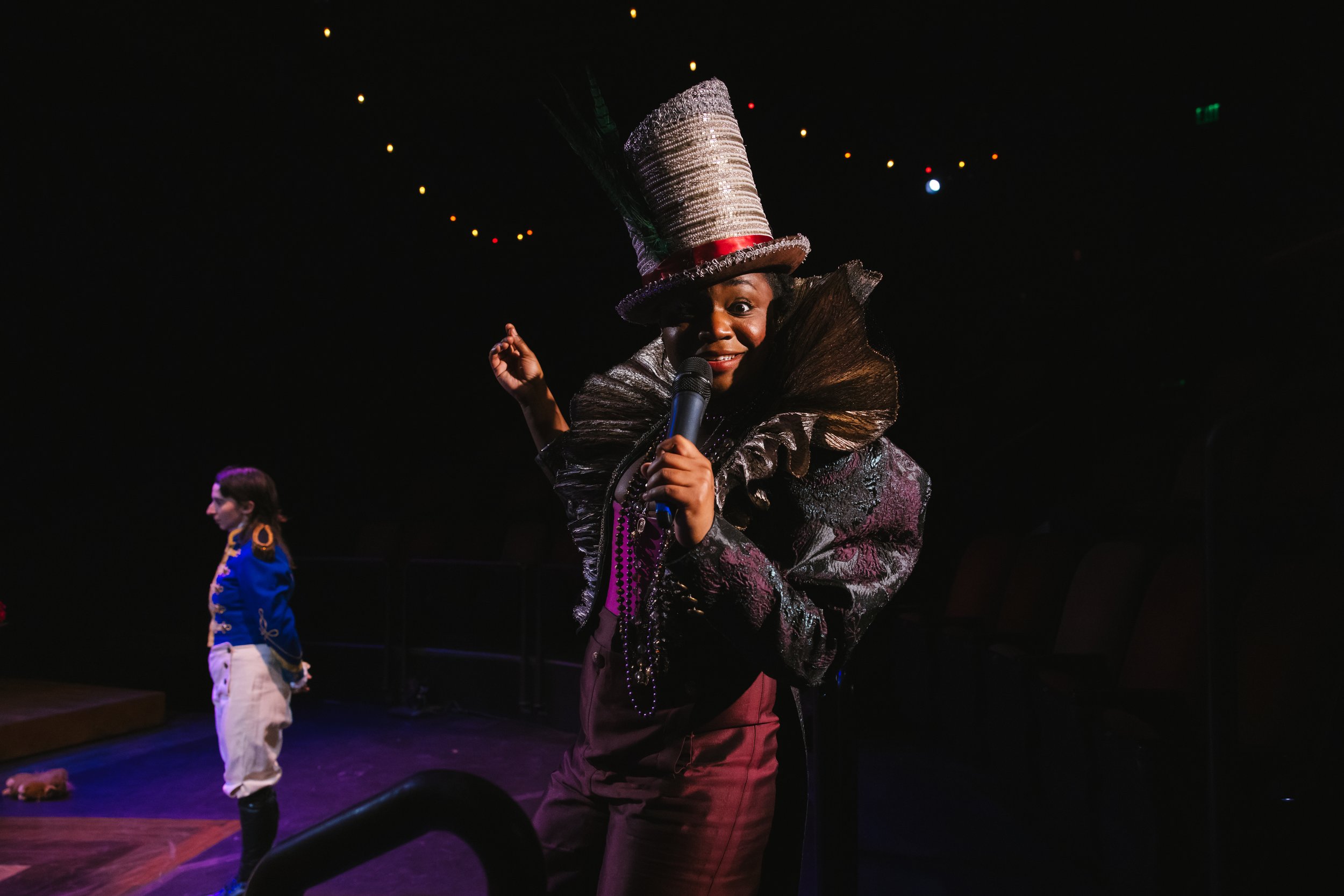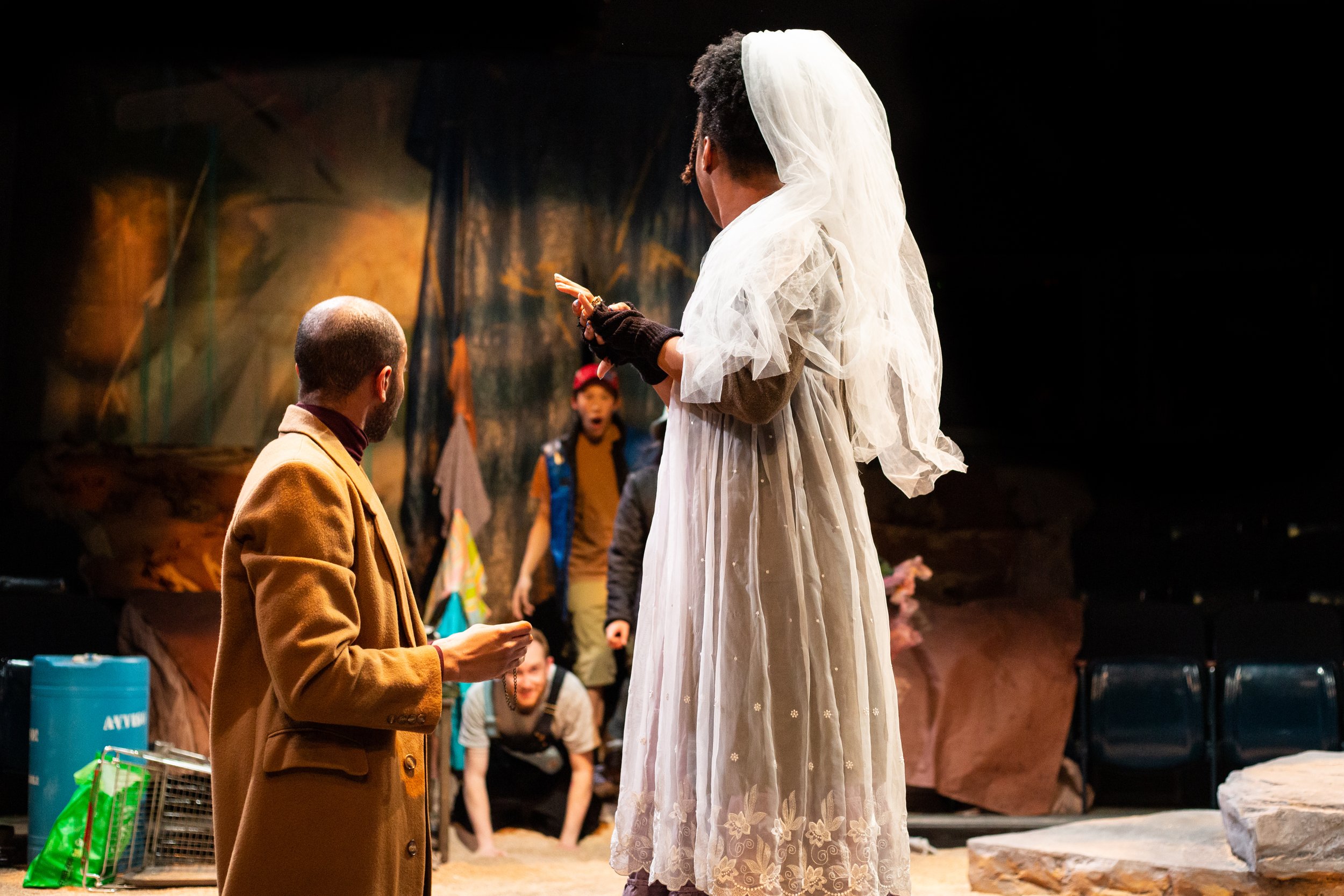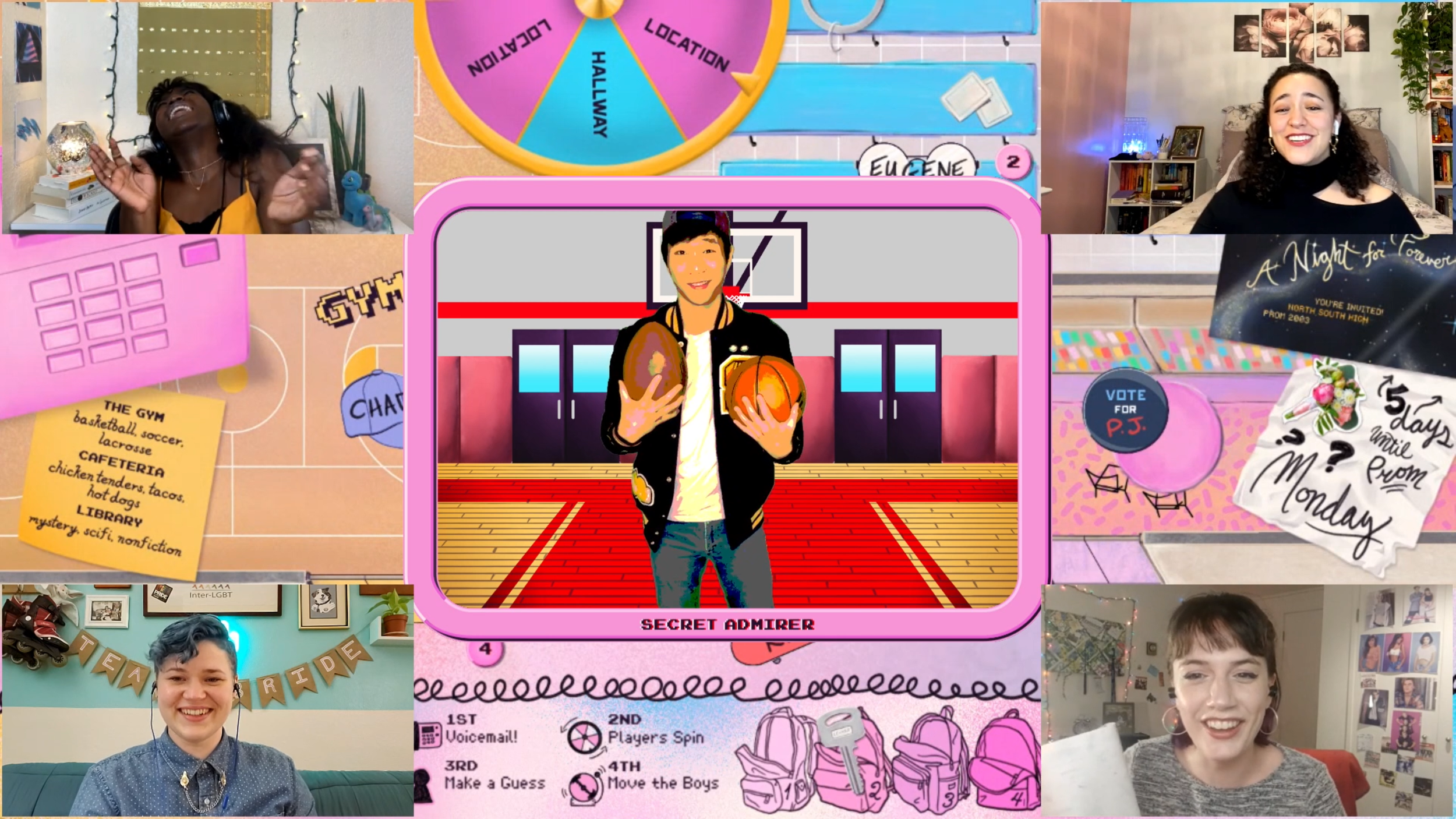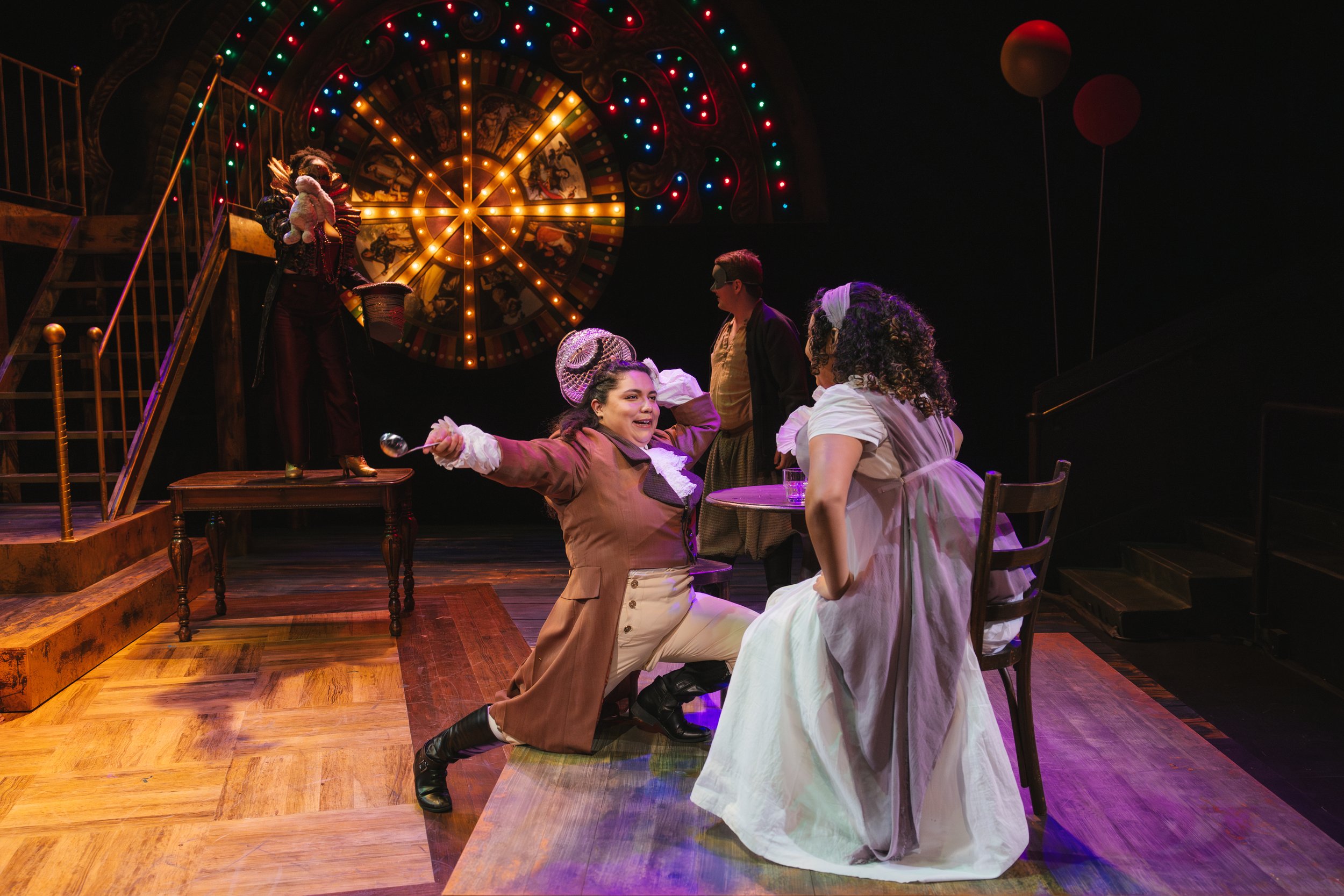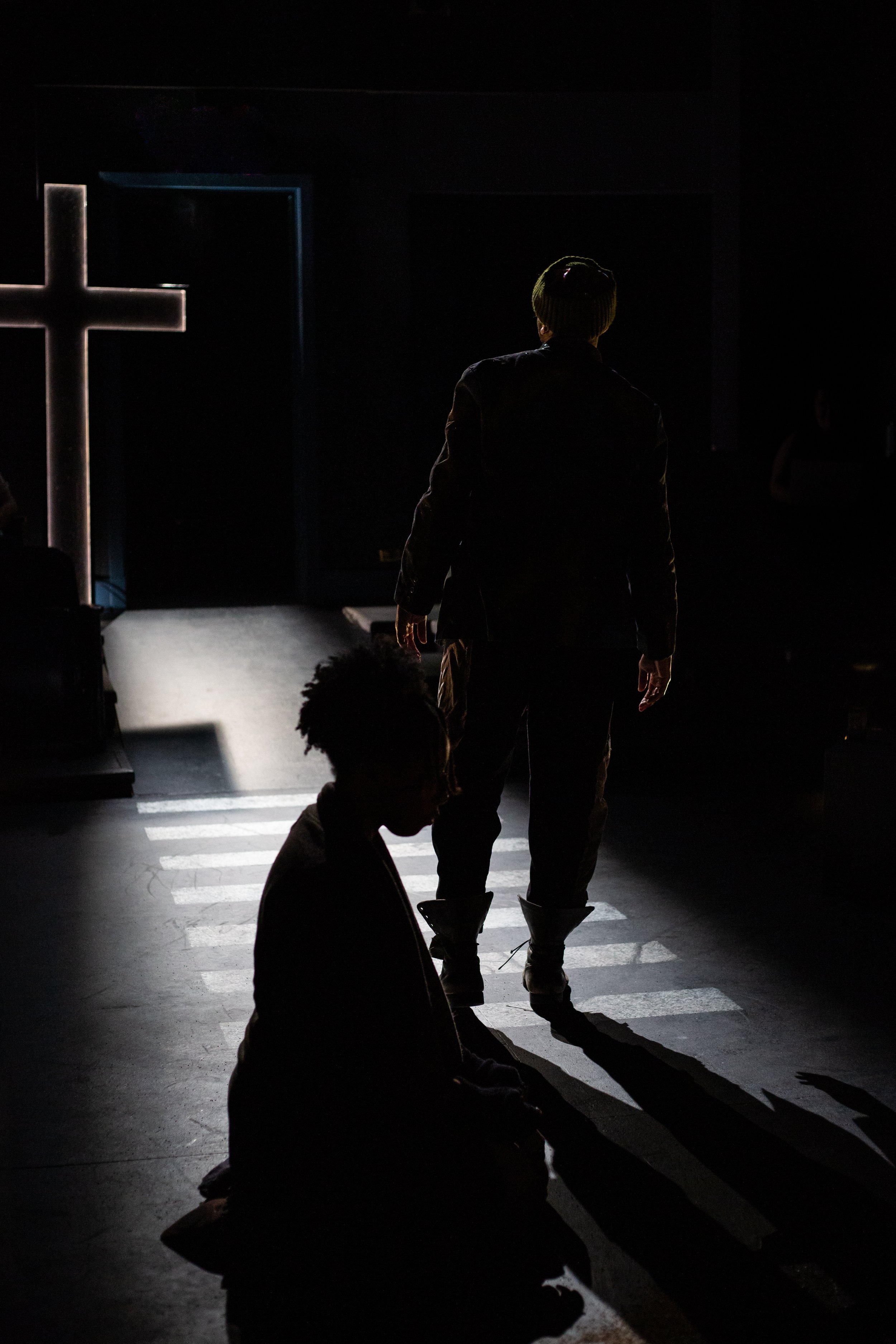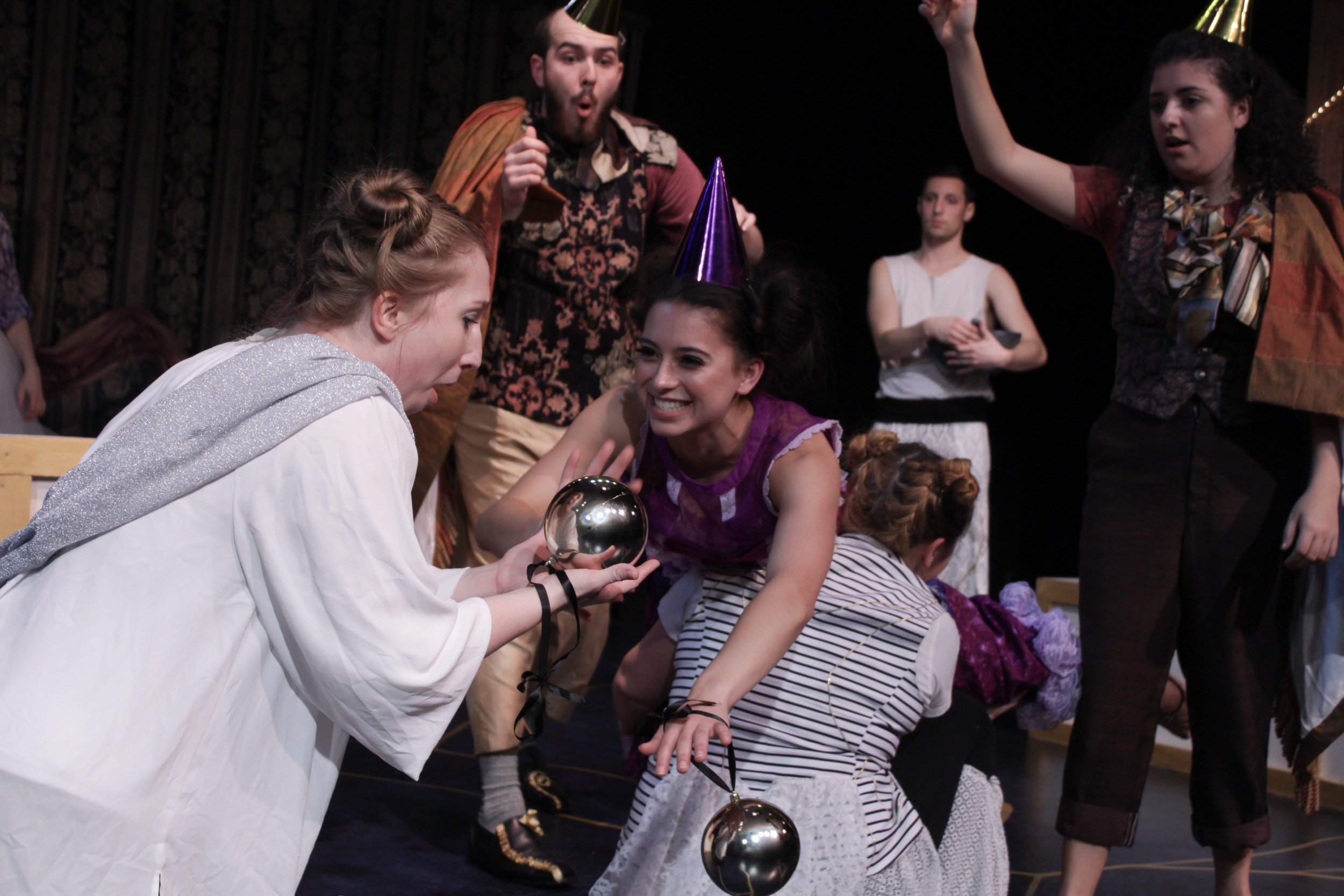Kate Drummond (she/her) is a Seattle-based director, intimacy/risk choreographer, and teaching artist.
Kate is a co-founder and Artistic Director of Dacha Theatre, an associate member of the Stage Directors & Choreographers Society (SDC), and has an MFA in Directing from the University of Washington.
Kate makes art that makes us better people. To her, to be “better” is to be more empathetic, more brave, and more resilient. She puts the messy contradictions of our lives onstage, both to tell us about ourselves right now, and dream about who we could be. Are we okay with this? What would “better” look like?
Dmitry Krymov says that theater is a “powerful tool to show the people magic, and tell them about themselves.” Kate believes in the magic of theater — that world-shifting change can happen in a single night, by sharing space and time and leaving with a little more than we came with.
Kate’s work makes complex things familiar and impossible things seem possible, as it carves space for us to experience big and scary feelings in praxis. Artists and audiences alike leave feeling like a part of something bigger than themselves, knowing that it matters that they are here, now, together.
Braver artists inspire braver audiences, who in turn inspire braver neighbors. This is how we change the world: one person at a time.
CURRENT PROJECTS:
Director, The Best Damn Thing by Hanna Kime: Apr 2026, Dacha
Intimacy Choreographer, The Seagull (dir: Sebastián Bravo Montenegro): Jan 2026, UW School of Drama
What does it mean to “be better?”
To be “better” is, to me, to be more empathetic, more brave, and more resilient.
Empathy looks like being able to put yourself in other people’s shoes.
In my work, a single actor may play dozens of characters — maybe every character in the show — or whisper to us real-life love stories amidst a dreamt-up fairytale. When we are able to see ourselves in people very different from us, our understanding of ourselves expands.
And this is a good thing.
Bravery looks like stepping beyond our comfort zones, doing things we never thought ourselves capable of.
My work is full of sincere invitations for audiences to participate, to break the “rules” of theater and dive into the world of the play — like brainstorming ways to give a floating princess gravity, or making a little rain cloud feel less alone.
Resilience looks like having faith that we can come back from anything;
it looks like forgiveness and determination.
When a little star learns that she cannot save her friend from dying, she keeps going, singing into the void to preserve his memory forever — and an audience full of strangers echos her song back, so she knows they understand her.

